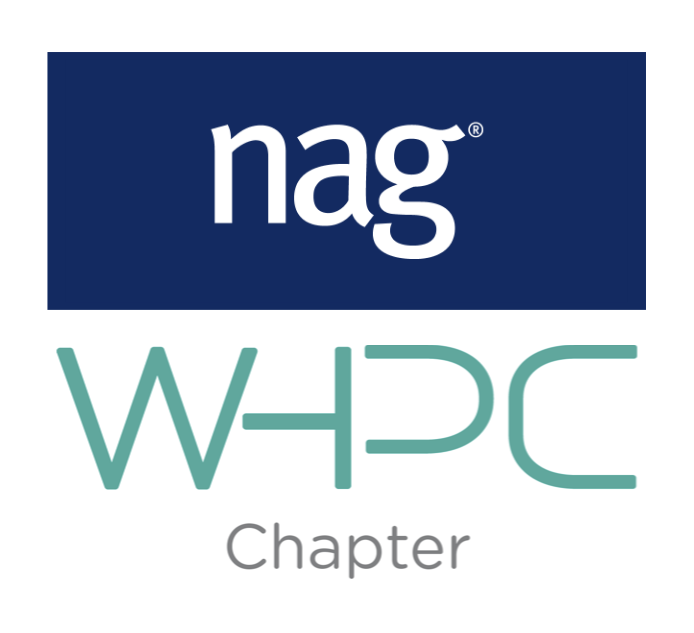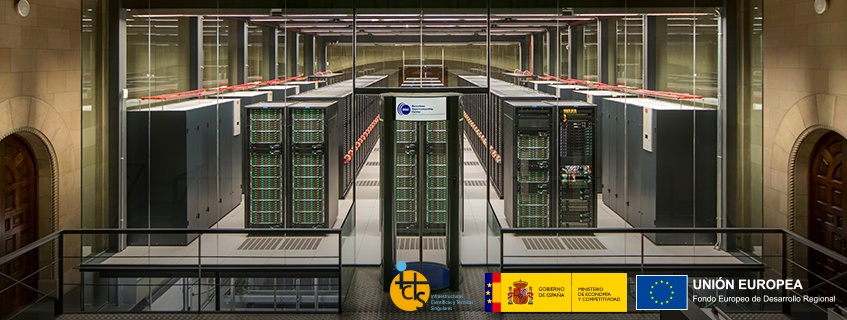Date
Monday, April 19th to Wednesday, April 21st, 2021
Location
The workshop will be held online, using the Zoom video conference platform.
Target group
This workshop is targeted to students, researchers and professionals that want to acquire the skills to analyze the performance of their own codes.
It is primarily aimed at women and underrepresented groups in the HPC community and it will be taught and supported by an all-female team.
Some basic knowledge of HPC environment, MPI and/or OpenMP is required to follow the course.
The workshop will be held in English.
Registration
Registration to the course has been closed because we have reached the maximum number of participants. Thank you all for the interest!
If you missed the registration and would be interested in it, send us an email and we will contact you in case places are freed or we plan a new training in the future.
Organising Institutions



Goals
This workshop organised by the POP CoE, VI-HPS, and NAG WHPC chapter will:
- Give an overview of the POP CoE methodology
- Explain the functionality of POP performance tools, and how to use them effectively
- Offer hands-on experience and expert assistance using the tools in your own application or provided examples and benchmarks
On completion participants will be familiar with the fundamentals of HPC performance analysis and will be able to use the POP performance analysis methodology and tools to better understand the performance of their code. Those who prepared their own application test cases will have been coached in the tuning of their measurement and analysis, and provided optimization suggestions.
Requirements
- Zoom
- SSH client (to connect HPC systems)
- X Server (enabling remote visual tools)
- Participants are encouraged to prepare their own MPI, OpenMP and hybrid MPI+OpenMP parallel application codes for analysis.
Programme Overview
The workshop is organized in 3 days, with lectures and demos in the morning and hands-on sessions in the afternoon. It will run from 09:00 to 16:00 CEST each day, with breaks.
Day1: Introduction to HPC Performance Analysis and BSC tools
- Introduction to HPC performance analysis, POP, and VI-HPS
- Training on BSC Tools (Extrae, Paraver and Dimemas)
- Hands-on session: BSC tools
Day 2: Intro to JSC tools and The POP methodology
- The POP methodology
- Training on JSC Tools (Score-P, Scalasca) and Vampir
- Hands-on session: JSC tools
Day 3: The POP Methodology in action
- Show case of performance analysis with BSC tools
- Show case of performance analysis with JSC Tools (Score-P, Scalasca) and Vampir
- Hands-on session: applying the POP methodology
Training team
The workshop will be taught and supported by a team of HPC experts from POP CoE:
- Marta Garcia-Gasulla (Barcelona Supercomputing Center)
- Judit Gimenez (Barcelona Supercomputing Center)
- Sandra Mendez (Barcelona Supercomputing Center)
- Fouzhan Hosseini (Numerical Algorithms Group)
- Anara Kozhokanova (RWTH Aachen University)
- Radita Liem (RWTH Aachen University)
- Anke Visser (Jülich Supercomputing Centre)
- Christina Muehlbach (TU Dresden)
Hardware and Software Platforms
Marenostrum

The BSC HPC system Marenostrum is the primary platform for the workshop and will be used for the hands-on exercises. Course accounts will be provided during the workshop to participants without existing accounts. Other systems where up-to-date versions of the tools are installed can also be used when preferred, though support may be limited and participants are expected to already possess user accounts on other systems. Regardless of whichever external systems they intend to use, participants should be familiar with the relevant procedures for compiling and running their parallel applications (via batch queues where appropriate).
